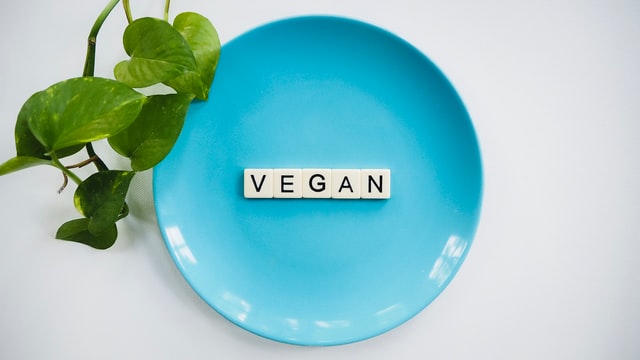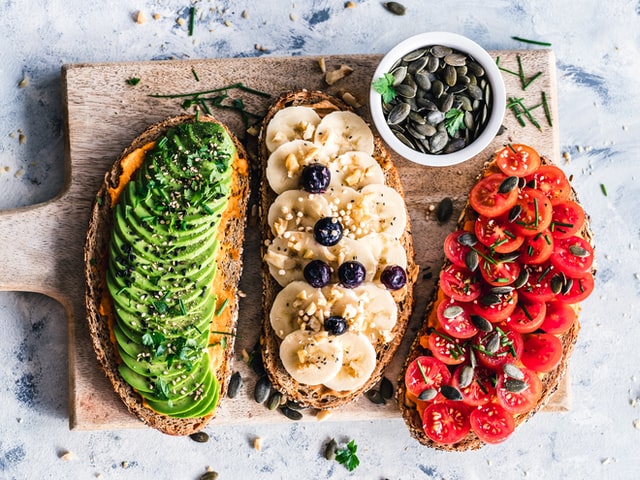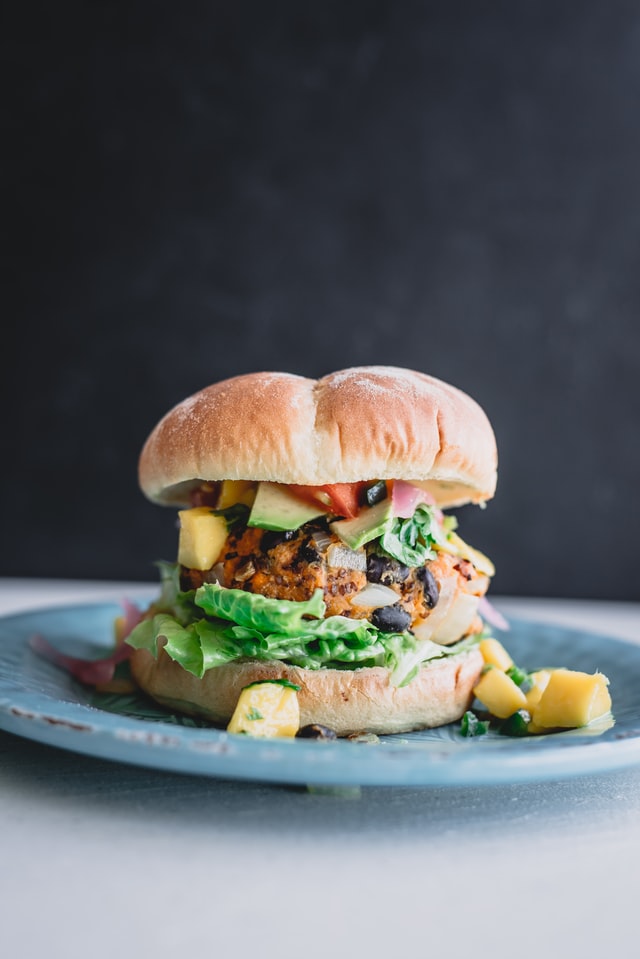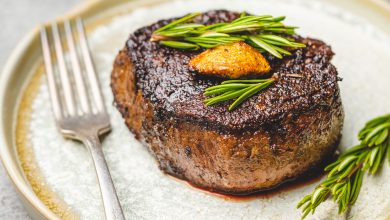
What Does Being Vegan Mean & What Can Vegans Eat?
The term “vegan” these days seems to be more than just a food choice; it could be described as more of a lifestyle. Vegan options are increasingly available on restaurant menus. Many grocery store items now also advertise as vegan, and vegan alternative recipes are becoming popular.
But what does being vegan mean? Below, we’ll explore veganism for what it is, its benefits, and how to make healthy food choices while following this diet.
What Does Being Vegan Mean?
When one chooses to follow the vegan diet, it essentially means choosing a plant-based diet. The vegan diet also excludes all animal byproducts. With these foundations in place for veganism, it generally translates to significant impacts and changes in lifestyle for followers. That being said, there are many different reasons people choose to follow the vegan diet, the most common ones being:
- Health Reasons – It’s been shown that switching to diets focused more on plant-based foods can help lower the chances of developing certain cancers, heart disease, type 2 diabetes, and obesity. Food sensitivities can also spur the decision to follow a vegan diet.
- Environmental Reasons – In an attempt to reduce carbon emissions, nitrous oxide emissions, and conserve water, some people choose to follow the vegan diet. It’s been shown that producing animal foods and products require more resources and can have a tremendous impact on our environment.
- Ethical Reasons – For many, the choice to become vegan is as simple as not wanting to harm living creatures. Vegans who choose to follow this lifestyle tend to do so because they don’t believe in the killing of animals for food. They also don’t agree with how the farm industry treats and slaughters animals and livestock.

Different Types of Vegan Diet Plans
While there is a general consensus of what being vegan means, there are different ways to follow the diet. Each vegan chooses their main diet plan based on personal beliefs, preferences, and health needs. Here are the various common types of veganism:
- Raw Food – Vegans following the raw food diet only consume uncooked or low-temperature cooked foods.
- Raw Food, Low-Fat – This version is similar to the raw food vegan diet; however, followers of this low-fat alternative mainly stick to fruit.
- Whole Food – Whole food vegans consume a wide variety of plant-based foods, such as nuts, fruits, grains, seeds, and vegetables.
- Dietary – Dietary vegans follow a plant-based diet, but they continue to use animal-based products and byproducts.
- Junk Food – Essentially, the junk food vegan diet consists of mainly processed vegan foods.
The Difference Between Vegan and Vegetarian
Veganism and vegetarianism, while similar, are different and are often confused. There are different types of vegetarian diets, just as there are varied vegan diets. Still, the main difference essentially boils down to vegetarians still consuming animal-related products, such as eggs, at times. Vegans do not consume any form of animal or animal products.
What Are the Health Benefits of Veganism?
For many, the draw to veganism stems from it’s touted health benefits. Some examples of potential health benefits from following the vegan diet are:
- Blood Sugar – It has been shown that those with diabetes can see lower blood sugar levels. This change can help slow down medication needs.
- Weight Loss – Some studies have shown that those who switch to a vegan diet can see increased weight loss and a reduction in body mass index (BMI).
- Nutrients – With the increase in consumption of things like fruits, nuts, seeds, and beans, it’s been shown that higher levels of essential nutrients and vitamins can be present in vegans.
- Heart Disease – A lowering of heart disease has been shown in some studies of vegans due to the increase of fiber and other vitamin and nutrient-rich foods.
- Arthritic Pain – In some cases, reduction of pain caused by arthritis has been linked in correlation to a vegan diet.
- Cancer Prevention – Some studies show that legumes, such as soybeans and lentils, and regular consumption of fruits and vegetables contribute to cancer reduction. In fact, it’s reported that one-third of cancers can be prevented through diet, according to the World Health Organization (WHO).
- Kidney Function – It has been shown in some studies that kidney function increases are shown in people with diabetes who switch to a vegan diet.
Potential Drawbacks to the Vegan Diet
While some substantial reasons and benefits coincide with vegan diets, there are also potential risks that can occur. It’s crucial to be aware of these problems to make the best and healthiest decisions for your diet.
- Diet Deficiencies – By limiting food sources, it becomes easier to lack in key nutrients, such as protein, and vitamins, such as A, B-12, and D. It’s important to maintain a nutrient and vitamin-rich vegan diet while supplementing for any deficiencies when necessary.
- Social Eating Issues – There are more vegan menu options available in restaurants these days, but they are still limited. Dining out and attending social functions can be frustrating for many vegan diet followers who find food options few and far between.
- Unintended Weight Gain – While veganism is touted for helping in weight loss, it is possible to cause unintentional weight gain. When switching to a diet that’s lower in fat and plant-based, many vegans struggle with hunger initially. This increase in appetite can lead to overeating and weight gain.

Foods to Eat and What to Avoid While On the Vegan Diet
With vegan diet restrictions in place, it’s essential to become familiar with what and what not to eat. Below are foods that are generally avoided by vegans, as well as a list of foods commonly consumed on the diet.
Vegan-Positive Foods
- Tofu
- Seeds
- Fruit
- Lentils
- Rice
- Seitan
- Whole Grains
- Beans
- Tempeh
- Vegetables
- Flaxseed
- Molasses
- Maple syrup
Non-Vegan Foods
- Any meat
- Any poultry
- Any fish or shellfish
- Eggs
- Whey
- Pepsin
- Carmine
- Dairy
- Isinglass
- Casein
- Albumin
- Honey
As always, when switching to any new diet, it’s recommended that you consult with your physician for advice first.



